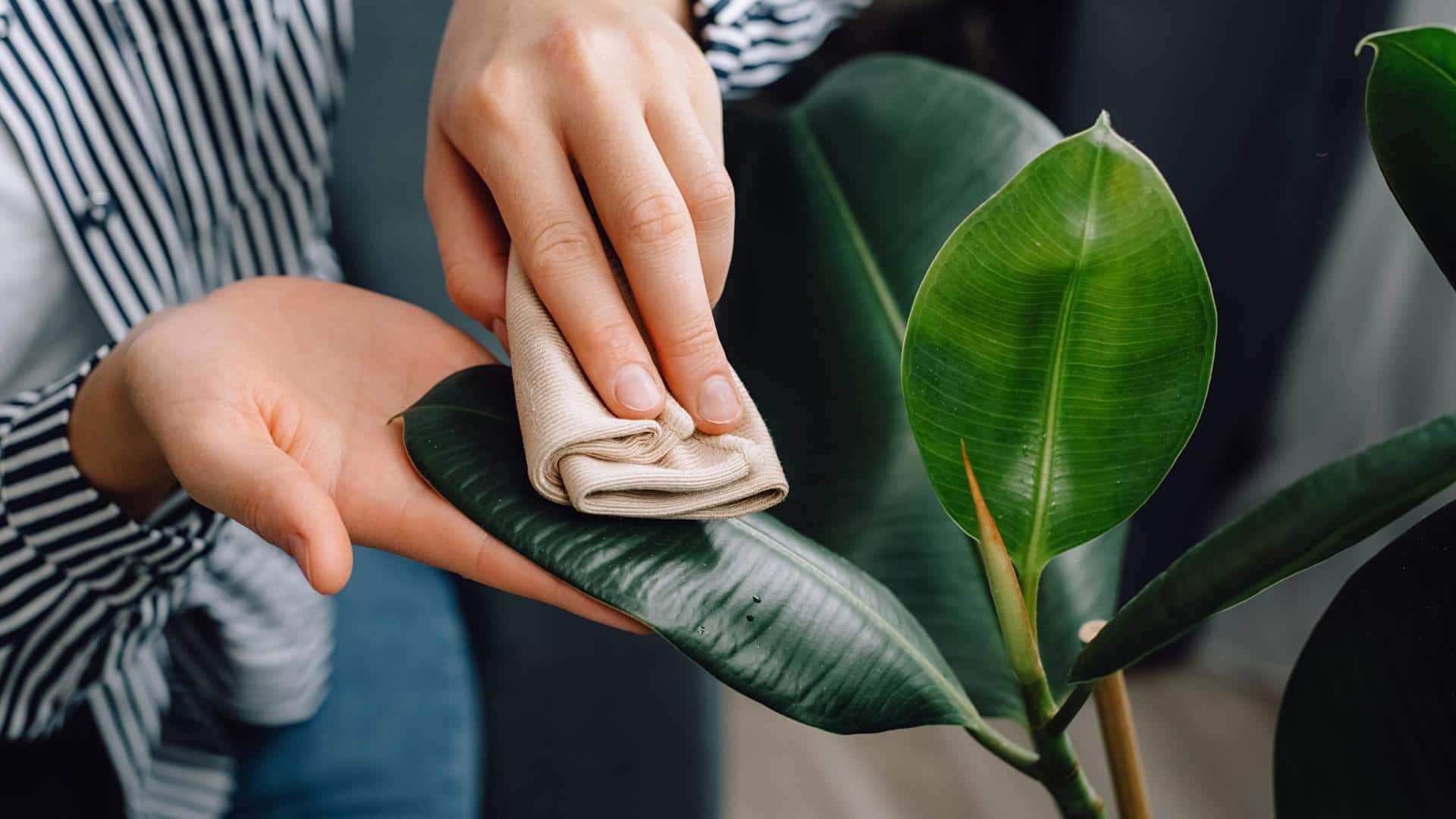
The ultimate summer survival guide for your plants
What's the story
Summer season is about to get intense in a few weeks.
With temperatures soaring as high as 40°C at this time of the year, we already know the dread summer might bring.
While the scorching sun is uncomfortable for us, it can be equally challenging for plants too if they do not get the proper care.
Here are some summer-care tips for your plants.
Watering
Water well, and water deeply
Water your plants well enough so that it reaches the root zone.
Water them early in the morning or late in the evening when the temperature is cooler, to minimize evaporation and allow water to soak into the soil.
Shower them only when the soil begins to dry out, instead of following a set schedule.
Check the moisture level of the soil frequently.
Humidity
Promote high humidity
High humidity is important for certain plants, especially those that are native to tropical or subtropical regions.
Plants like fittonia, monsteras, calathea, and most ferns need to be frequently misted through periods of heat.
You can also place a tray filled with pebbles and water underneath your plant.
As the water starts evaporating, it will increase the humidity levels.
Fertilization
Don't fertilize during a heat wave
Fertilizing during a heat wave can be harmful to plants, as high temperatures can increase the risk of fertilizer burn and damage to plant roots.
During a heat wave, plants may experience water stress and have reduced uptake of nutrients from the soil.
This can make it difficult for them to absorb the fertilizer, leading to waste and potential harm to the plants.
Re-potting
Do not re-pot plants during a heat wave
The stress of re-potting combined with the high temperatures can be too much for plants to handle.
Re-potting can be stressful for plants, as it can disturb their roots and cause them to go into shock.
During a heat wave, plants are already under stress from the high temperatures, and repotting can make it harder for them to recover.
Shade
Provide shade to sensitive plants
Many plants are sensitive to excessive sunlight, which can cause sunburn and wilting.
Use a lightweight, breathable fabric to filter sunlight and reduce the amount of heat that reaches your plants.
Alternatively, you can consider using umbrellas or canopies to provide shade.
If possible, move plants to a shady area, such as under a tree or in the shade a building.